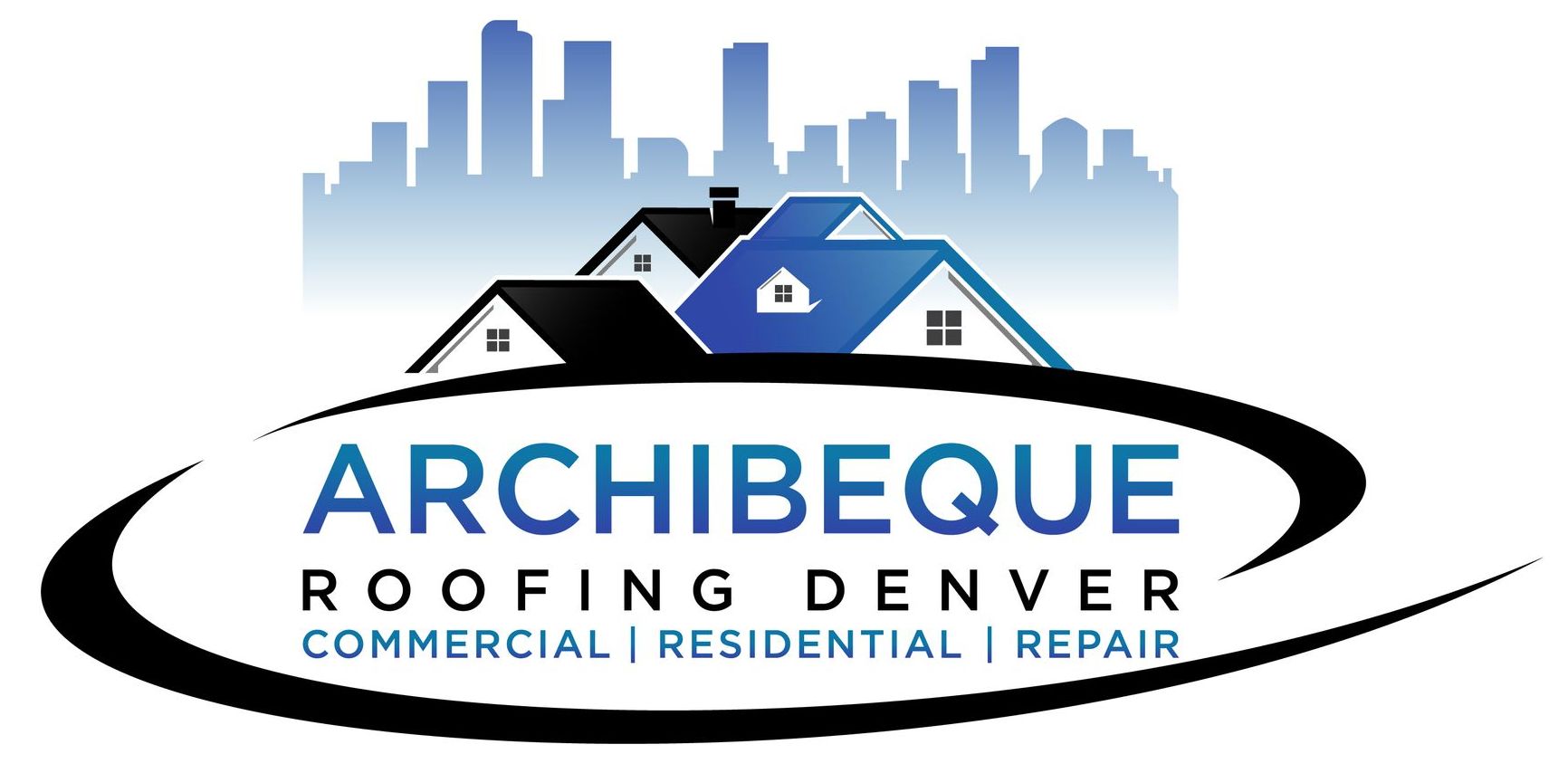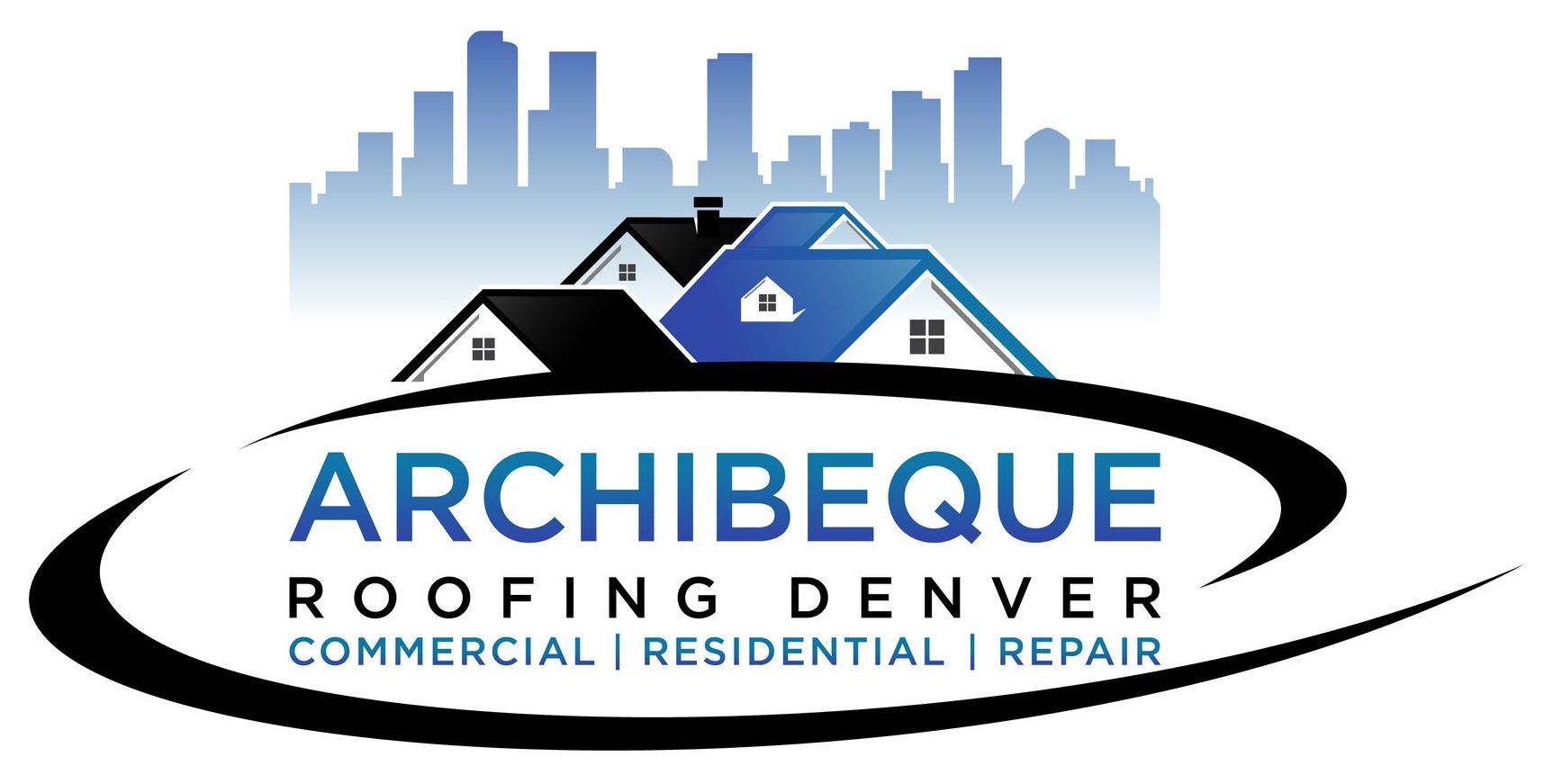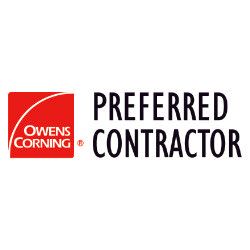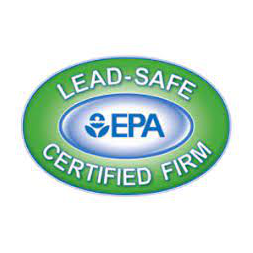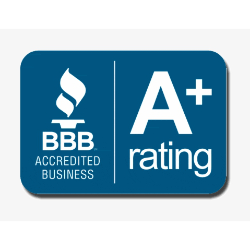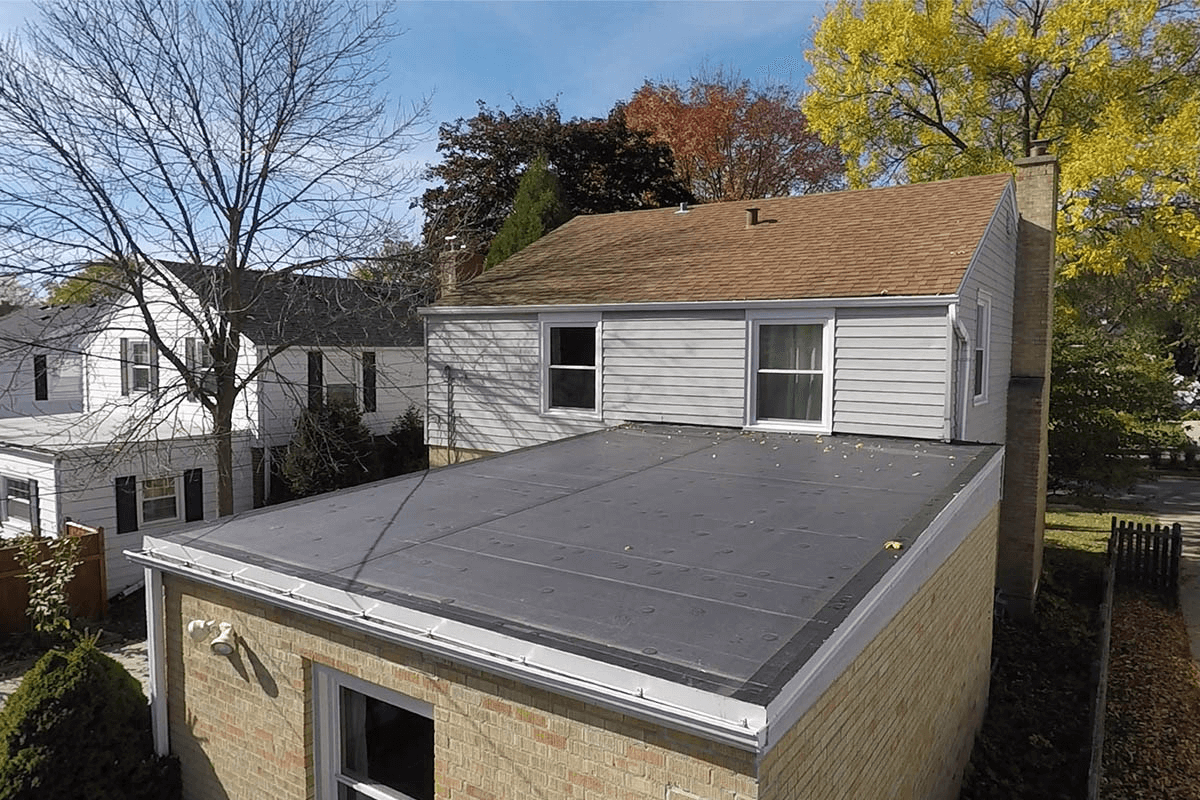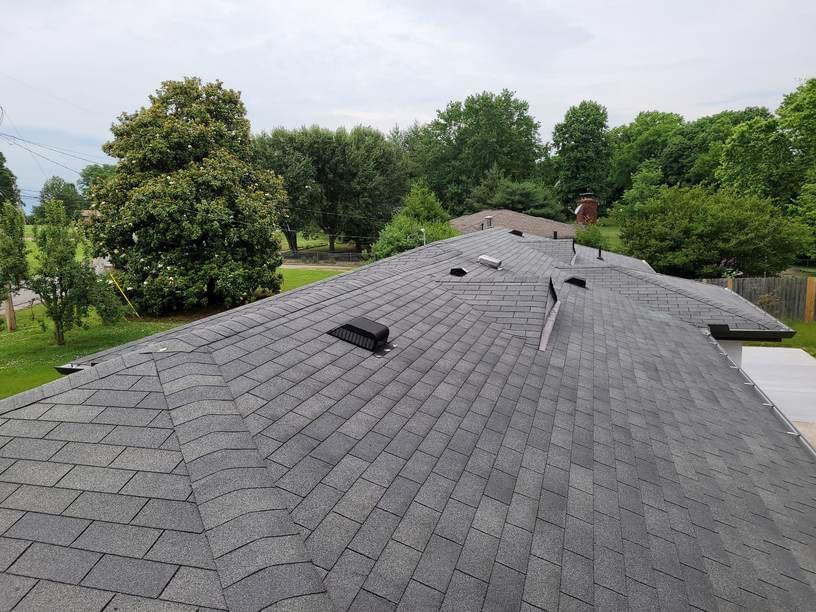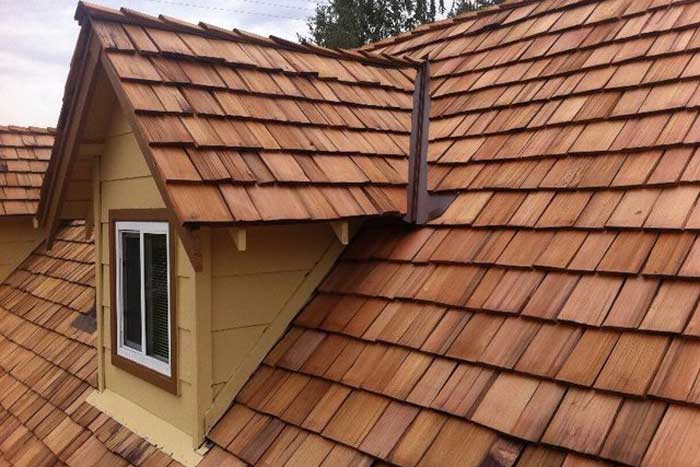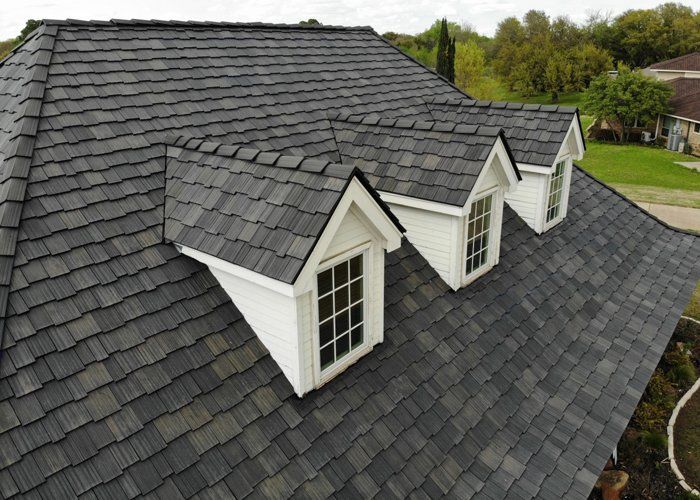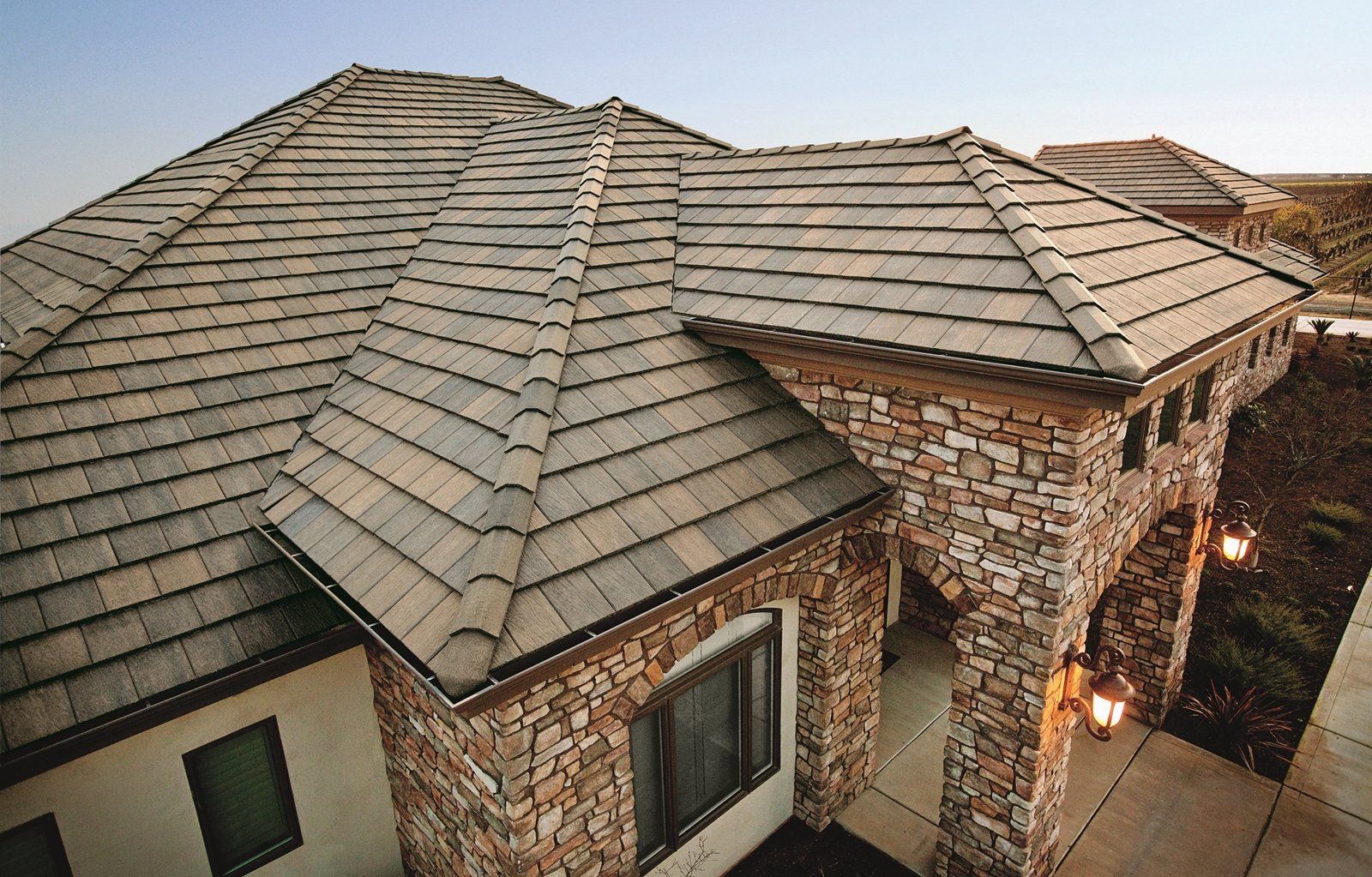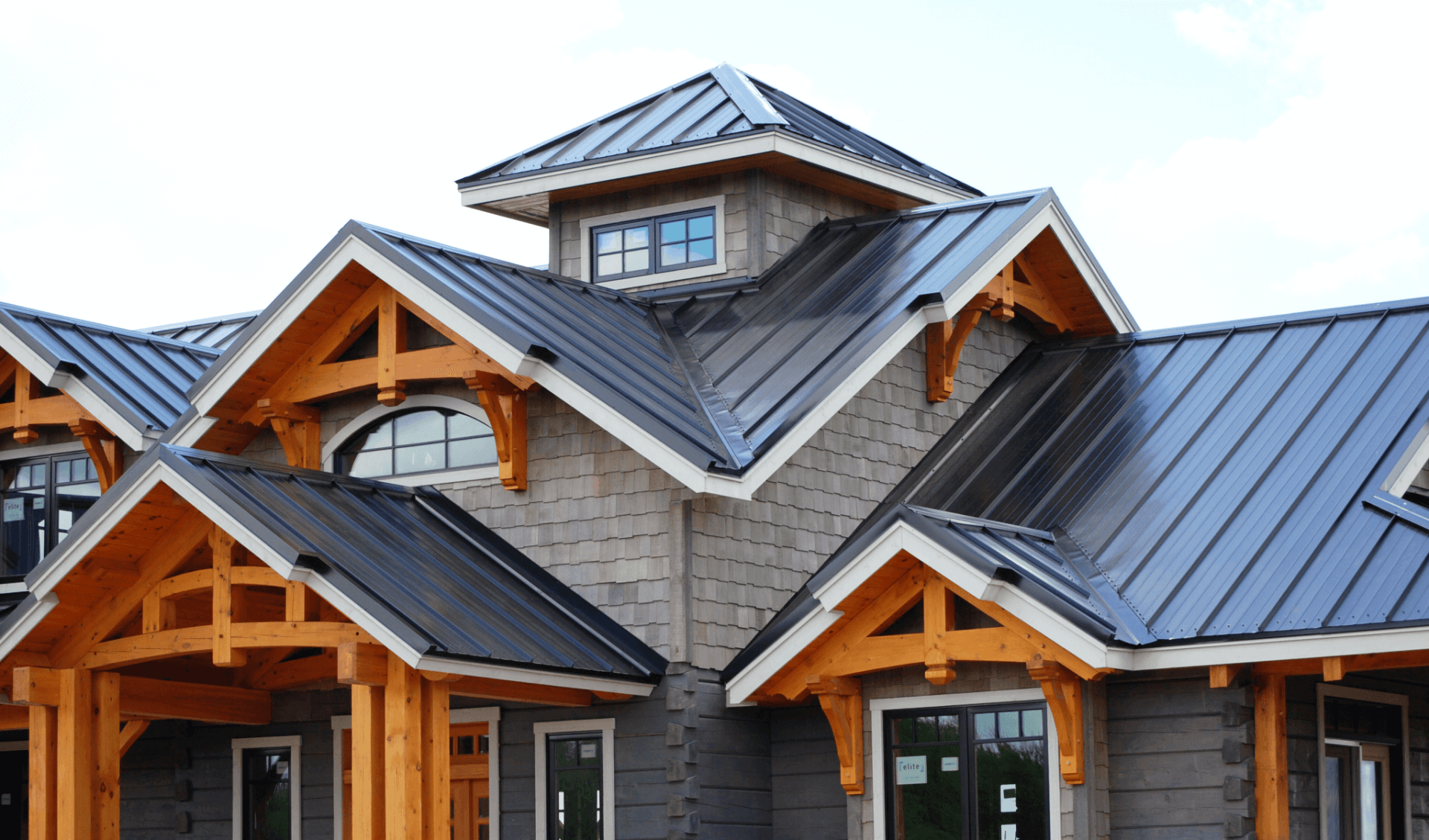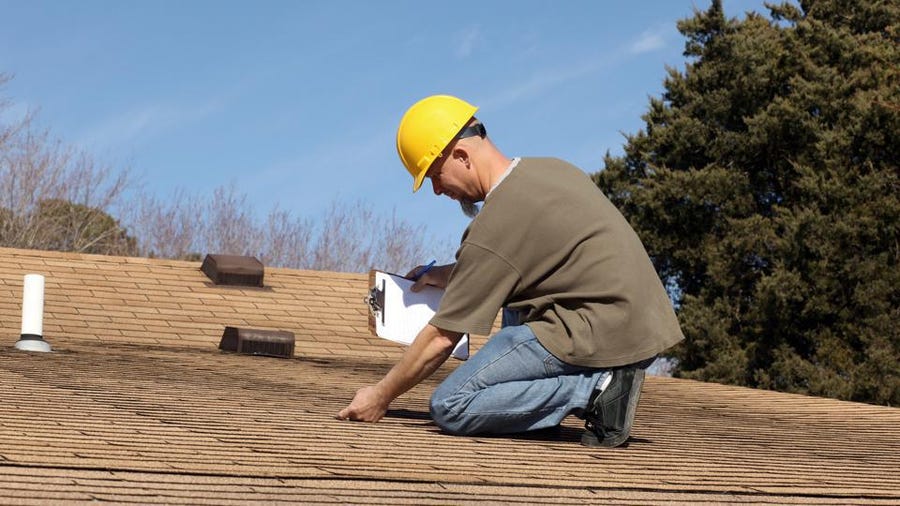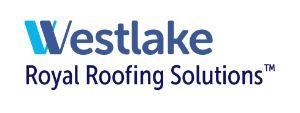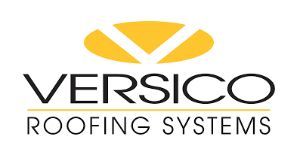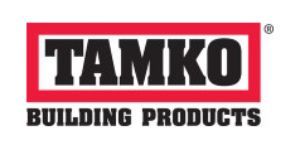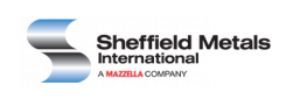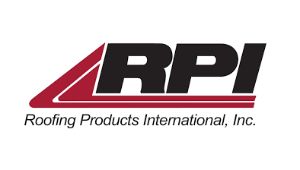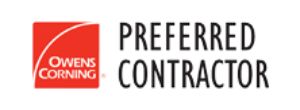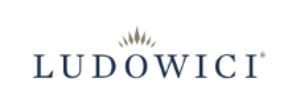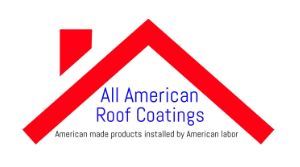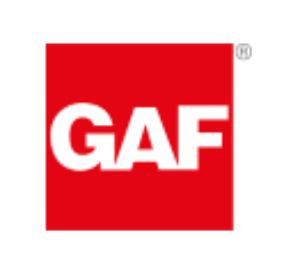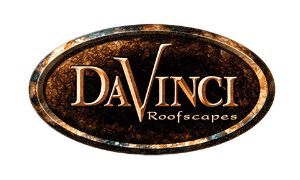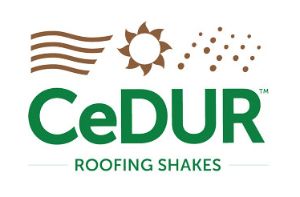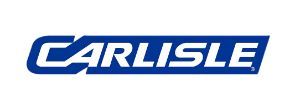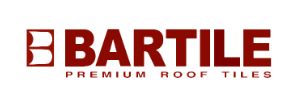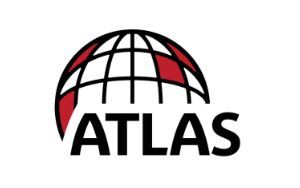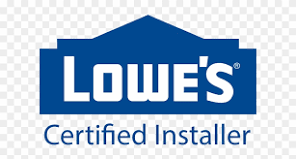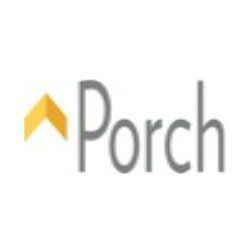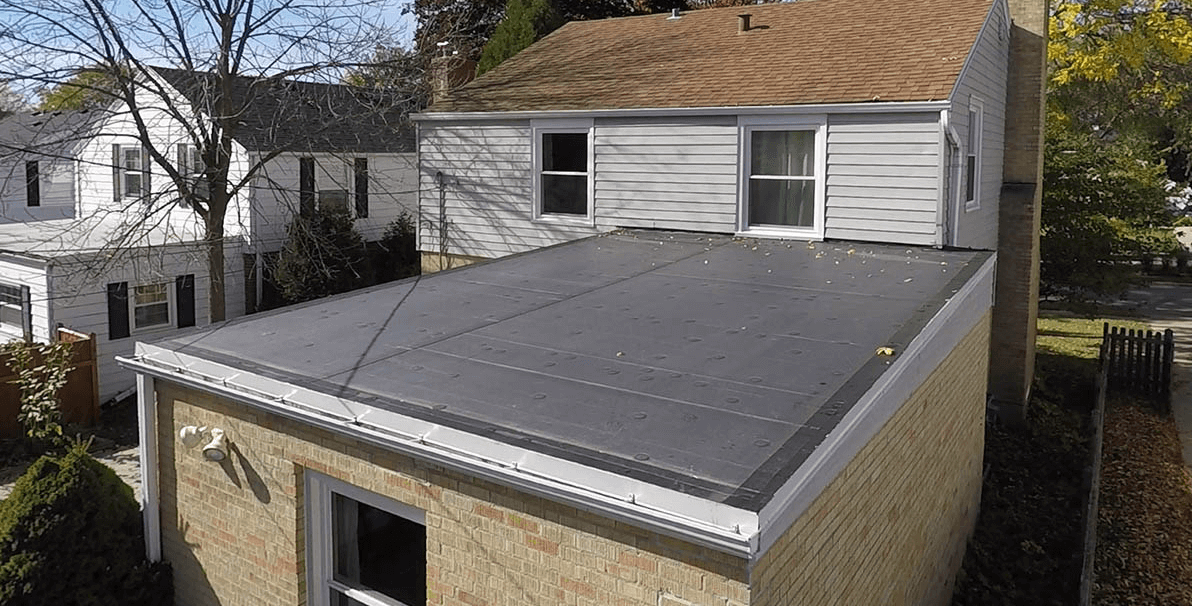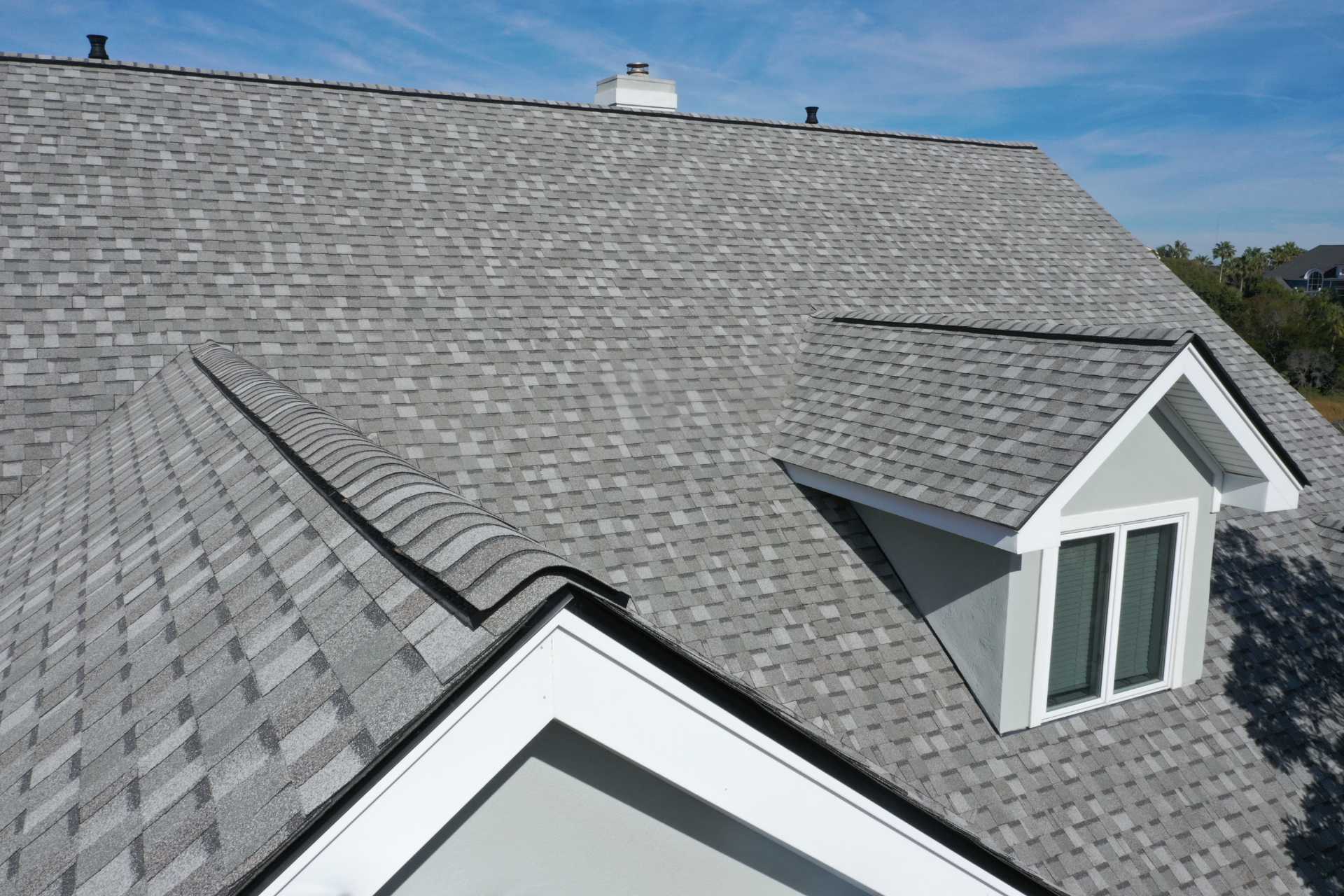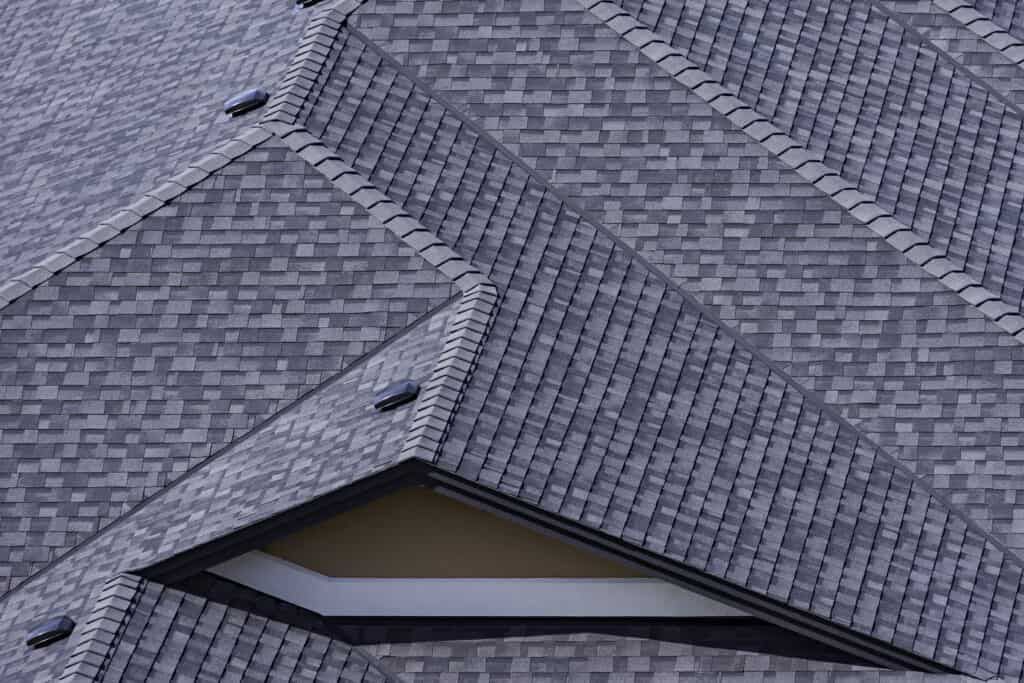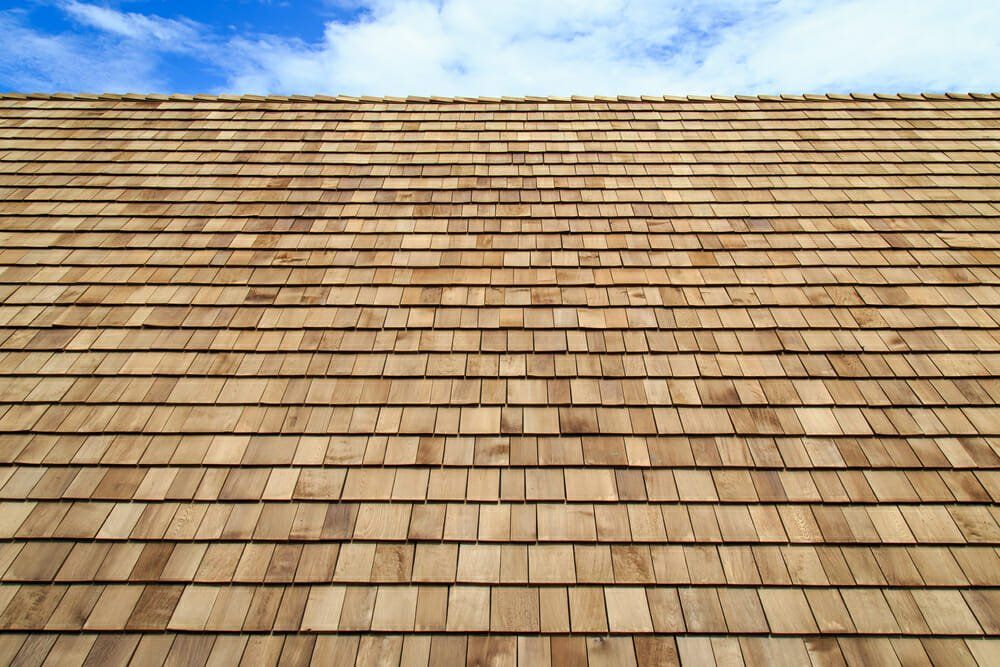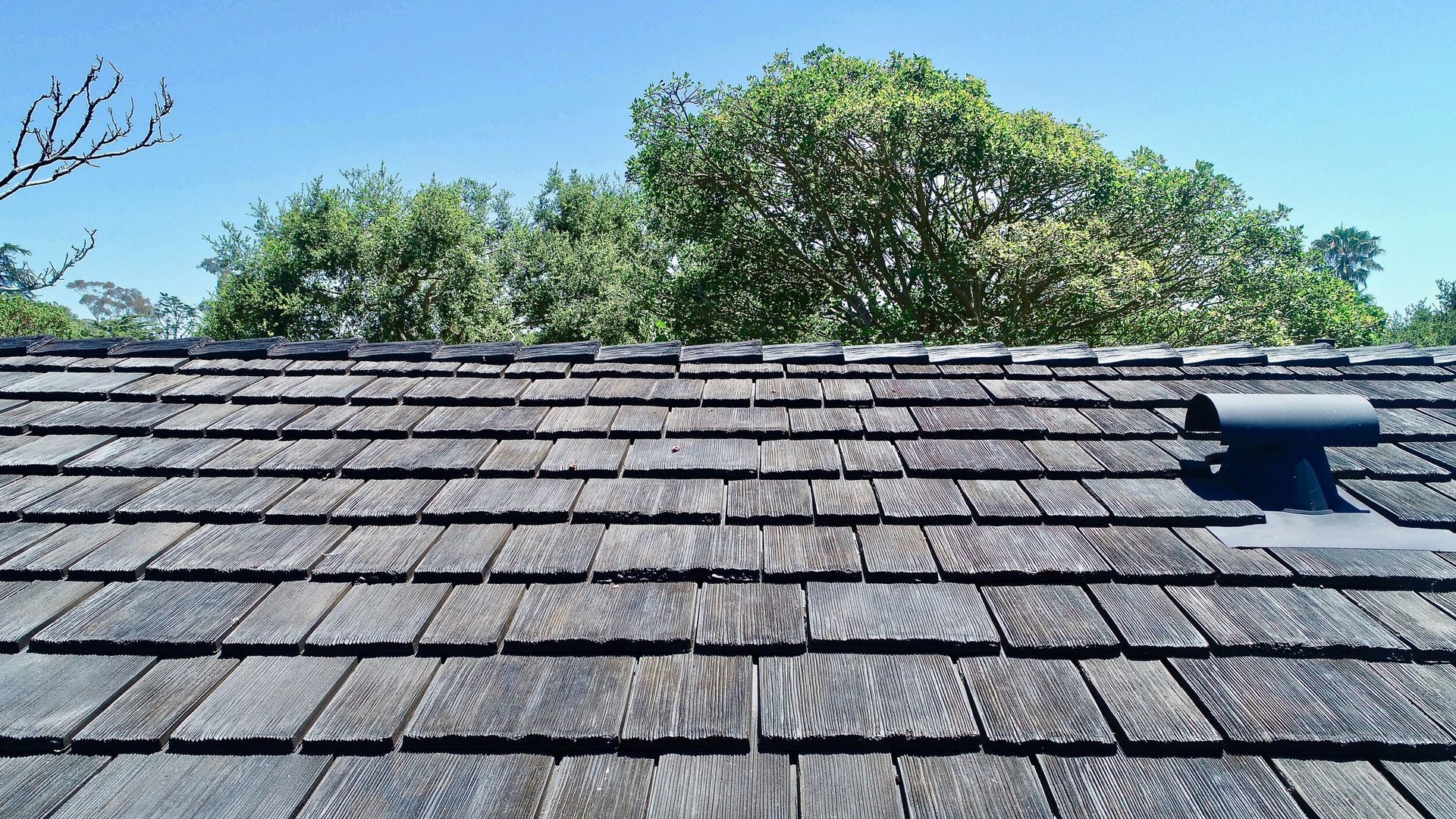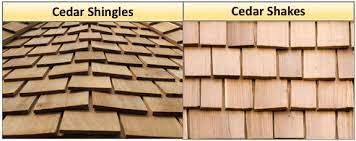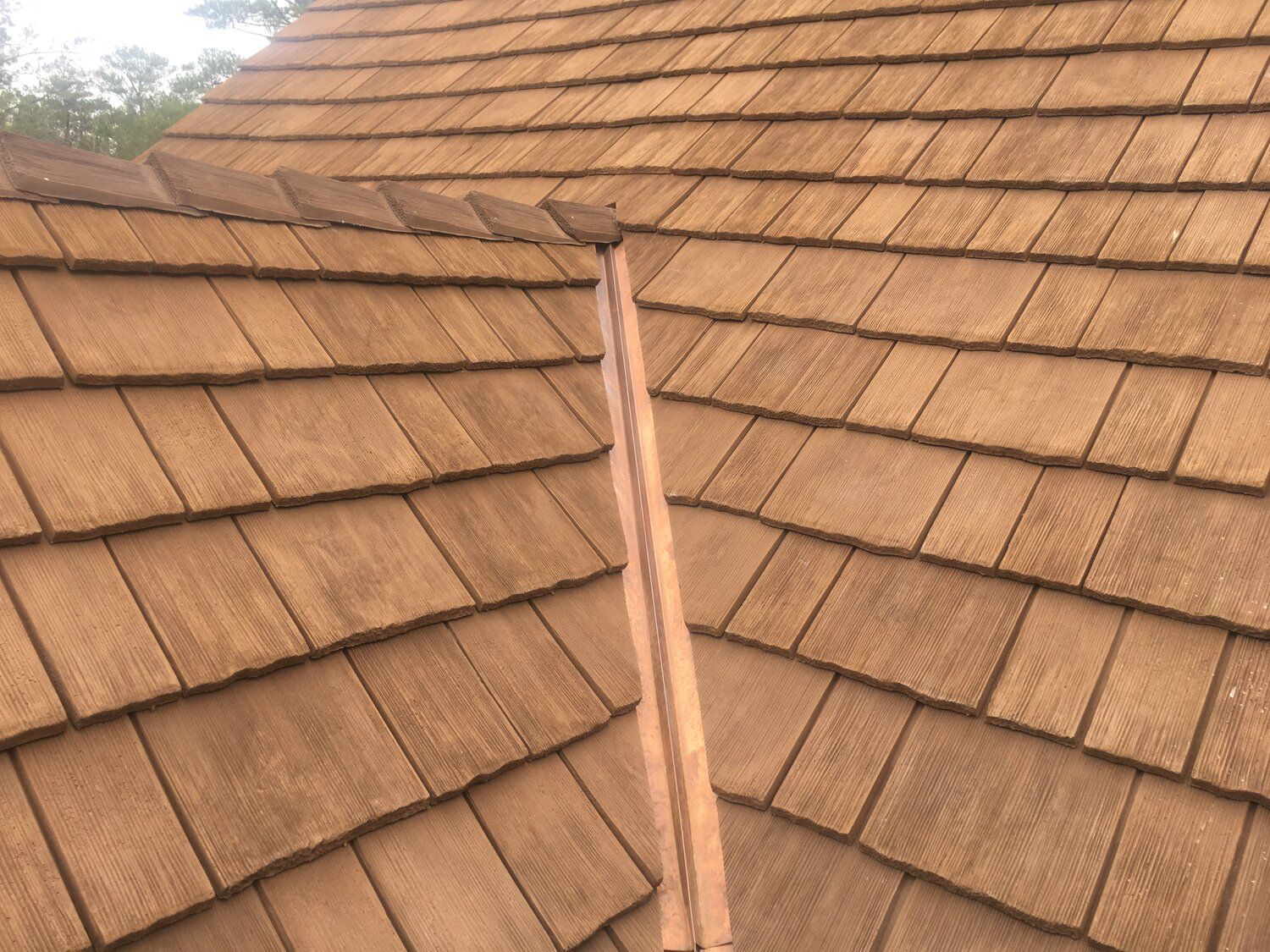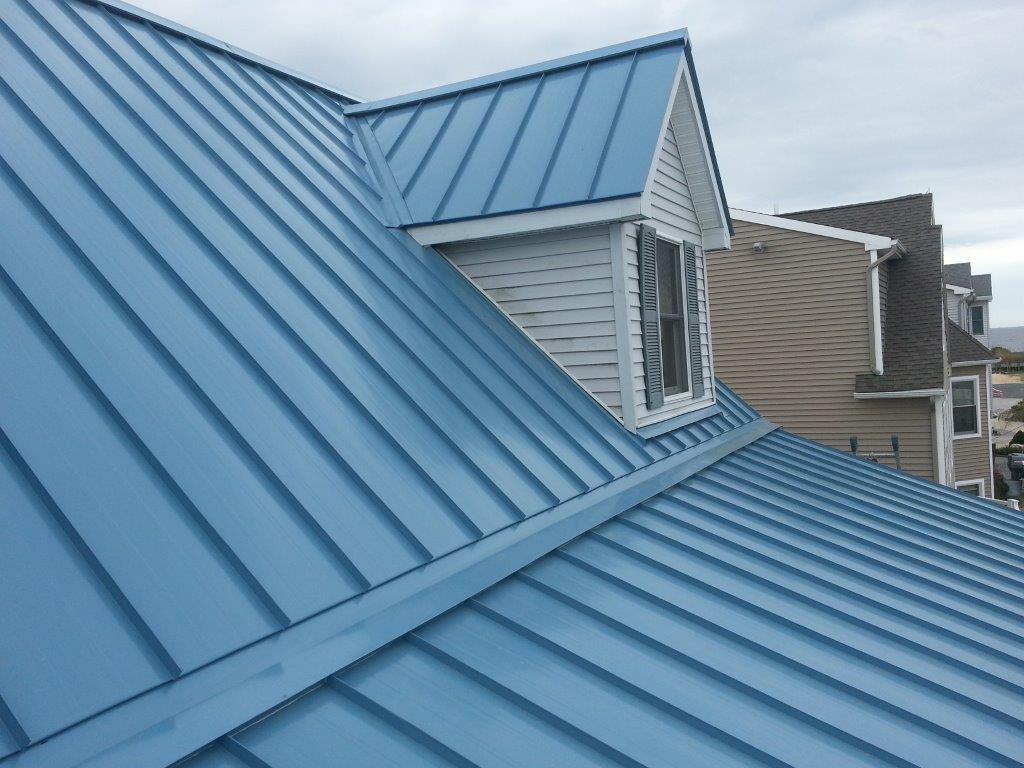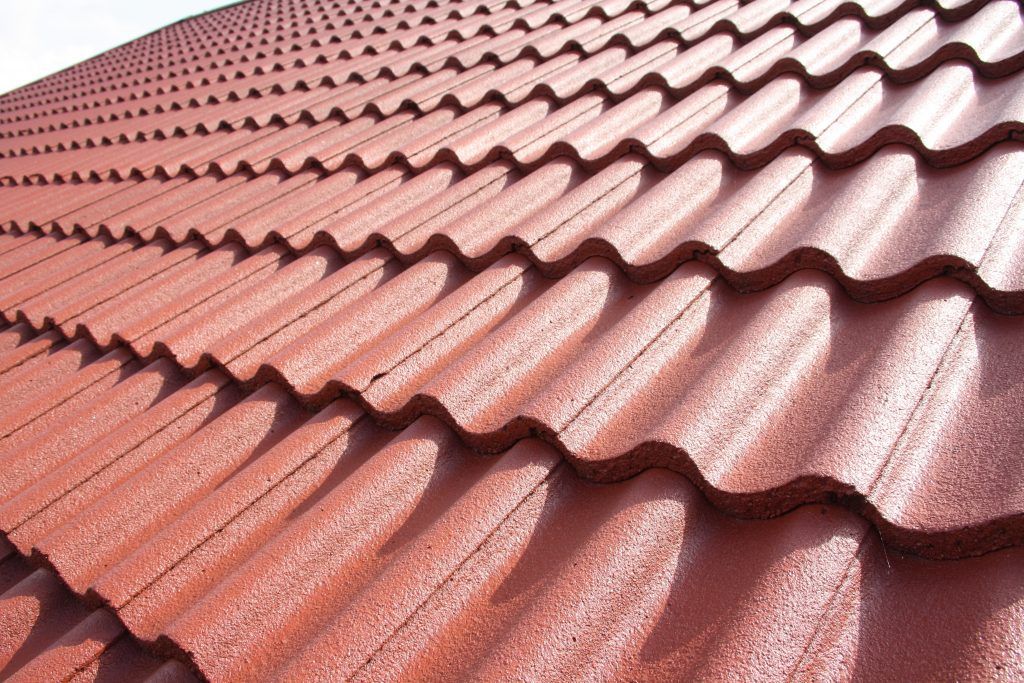Denver'S Best Residential Roofing Company, contractors
Residential Roofers, Denver, CO
Get a Free Estimate!
FREE Roof Inspection - Homepage - Archibeque
Archibeque Roofing has been considered one of the best roofing contractors in Denver. We have been a Denver roofing company for over 40 years and our Denver roofers are what makes our Denver roofing company so successful. Denver roofing companies come and go however not us. Archibeque Roofing has been a Denver roofer for over four decades.
With our extensive Denver commercial & residential roofing experience and expertise, we have been considered one of the best roofers in Denver and we possess the roofing knowledge and skills required to ensure that your Denver roof whether replaced or repaired is done so properly and we guarantee our work. We offer free roof inspections and will even help you with the insurance claim, Archibeque Roofing is an affordable option with competitive prices. Put our four decades of experience to work on your Denver roof replacement or Repair.
Our Denver, CO roofing Company caters to residential roofing clients in Denver and its surrounding areas, including Littleton, Englewood, Aurora, Highlands Ranch, Parker, Castle Rock, Castle Pines, Lakewood, Golden, Arvada, Thornton, Westminster, Broomfield, Commerce City, Brighton, and most of Northern Colorado.
Denver Residential Flat Roof Details
When it comes to residential flat roofs in Denver, homeowners want nothing but the best. After all, a roof is one of the most vital components of any home, providing protection from the harsh Denver weather and ensuring the safety and comfort of the residents. In a place like Denver, where bad weather conditions are not uncommon, investing in top-quality flat roofs that can withstand harsh weather conditions becomes even more crucial.
Common Flat Roof Problems
Understanding potential issues with flat roofs is essential, especially in areas with unique weather conditions like Denver. Here are some problems you might encounter:
- Debris Accumulation: Pine needles, leaves, and branches often accumulate on flat roofs. This debris can obstruct drainage, leading to water pooling and potential damage. Over time, unaddressed debris can even puncture the roof.
- Roof Cracking or Splitting: As a roof ages, temperature swings can cause the flat roof membrane and seams to crack or split. Without resealing these areas, they become susceptible to fungus, mold, and water leaks.
- Alligatoring: This refers to a pattern of cracking that resembles reptilian skin, often caused by UV rays damaging the roof's outer layer over time.
- Standing Water: Water pooling on your roof can lead to serious structural damage, affecting underlayment and insulation. Additionally, it can deteriorate roofing seals, eventually leading to major leaks.
- Membrane Damage: Damage to the roof membrane from various sources may result in costly leaks if water infiltrates the building.
Top Flat Roof Options
Fortunately, several options are available for homeowners in Denver looking for the best flat roofs for their residential properties.
One popular choice is a TPO (Thermoplastic Olefin) roof, which offers excellent resistance against bad weather, including high winds and hailstorms. TPO roofs are also known for their durability and energy efficiency, making them a cost-effective option in the long run.
Another option to consider is EPDM (ethylene propylene diene monomer) roofing. This type of flat roof is highly resistant to Denver’s extreme weather, including hail, heavy rain, and wet snow. EPDM roofs are also known for their longevity, with a lifespan of up to 50 years, making them an excellent investment for homeowners who want a durable and reliable flat roof.
Residential flat roof materials like PVC (polyvinyl chloride) not only look great but can also withstand the harsh Denver weather. PVC roofs provide excellent protection against adverse weather conditions and offer any residential property a sleek, modern look. These roofs are highly resistant to UV rays and are known for handling Denver’s demanding climate, making them an ideal choice for homeowners.
By understanding both the challenges and solutions, Denver homeowners can make informed decisions to ensure their flat roofs remain robust and reliable against the city's challenging weather conditions. Regular inspections and proactive maintenance can help identify and resolve potential issues before they become significant problems.
When choosing the best options to withstand bad weather conditions for your residential flat roofs in Denver. TPO, EPDM, and PVC roofs offer durability, resistance to extreme weather, and even energy efficiency. By investing in high-quality flat roofs, homeowners can ensure their residential properties' long-term protection and value. Feel free to call Archibeque Roofing Denver at 720-297-0436, Denver's Residential Flat Roof Experts.
Architectural Benefits of Flat Roofs
Flat roofs have become increasingly popular in the Denver metro area, offering several architectural advantages that cater to both form & function with style. Here’s what you can expect from this modern roofing option:
- Seamless flat roof Installation and Minimal Disruption: The straightforward quick roof installation process of flat roofs ensures that your routine isn’t interrupted. Archibequr roofing has developed a quick, efficient flat roof insallation process that makes it a top choice for those keen on a quick roof installation without sacrificing quality.
- Simplified Roof Maintenance: With an easier access for roof inspections and repairs, flat roofs streamline maintenance tasks. This means you can assure safety and structural integrity with less hassle compared to other roofing types.
- Durability and Longevity: The materials used in flat roofing are chosen for their long-lasting properties. This results in a roof that stands strong for years, reducing the need for frequent replacements or extensive repairs.
- Enhanced Energy Efficiency: Thanks to their insulating capabilities, flat roofs contribute to lower energy bills by improving the thermal efficiency of your home. This will lead to significant savings on heating and cooling expenses.
- Robust Roof Weather Resistance: Flat roofs are designed to endure harsh weather conditions, delivering dependable performance year-round. Their resilience against elements like wind and rain minimizes the risk of damage.
- Cost-Effective Roof Repairs: The roof accessibility makes it easier for roof repair company to make a flat roof repair. The durability of flat roofs can lead to reduced repair and maintenance costs over time. This makes flat roofs a financially savvy choice for homeowners looking to invest wisely.
- Sleek and Contemporary Roof Aesthetic: Flat roofs convey a modern roof aesthetic that suits today’s architectural trends. Flat roofs provide a clean, streamlined look that complements a variety of home designs, appealing to both traditional and contemporary tastes.
Residential flat roofs offer a blend of practicality and style, making them an excellent choice for modern homeowners. From ease of maintenance to energy savings and aesthetic appeal, the benefits are clear and convincing.
Residential Flat Roof Systems in Denver
When it comes to Denver residential homes in Denver, homeowners often face the challenge of trying to choose the best flat roof system and selecting a Denver flat roof system that significantly protects the building from the elements and ensures its longevity. Denver residents can choose from a range of options for flat roof systems. Denver flat roof systems were developed to protect residential properties in Denver, CO, from leaks and weather damage.
One of the best flat roof systems available for residential properties in Denver is the EPDM (ethylene propylene diene terpolymer) system. This system offers exceptional durability and is resistant to UV rays, essential in a sunny climate like Denver. EPDM membranes are highly flexible, making them ideal for flat roofs that may experience temperature fluctuations. Another popular option for residential flat roofs is the TPO (thermoplastic olefin) system. TPO roofs are excellent and known for their energy efficiency. They reflect heat away from the building, reducing cooling costs during hot summers.
In addition to EPDM and TPO, Denver homeowners can consider built-up roofing (BUR) or modified bitumen systems for their residential flat roofs. BUR systems (built-up roofs) consist of multiple layers of asphalt and bitumen and offer excellent waterproofing capabilities. Modified bitumen systems come from asphalt modified with rubber or plastic polymers, enhancing its durability and resistance to weathering.
Overall, Denver residents have a variety of options when it comes to choosing the best flat roof system for their residential properties. Each system has its advantages and considerations, so it is essential to consult with a professional Denver roofing contractor who can examine and tell you what damage has been done to your flat roof. With professional installation and regular maintenance, a high-quality flat roof system can provide long-lasting protection for your Denver home against the tough summers and winter weather. Have questions? Feel free to call Archibeque Roofing Denver at 720-375-5601, Denver's Residential Flat Roof Experts.
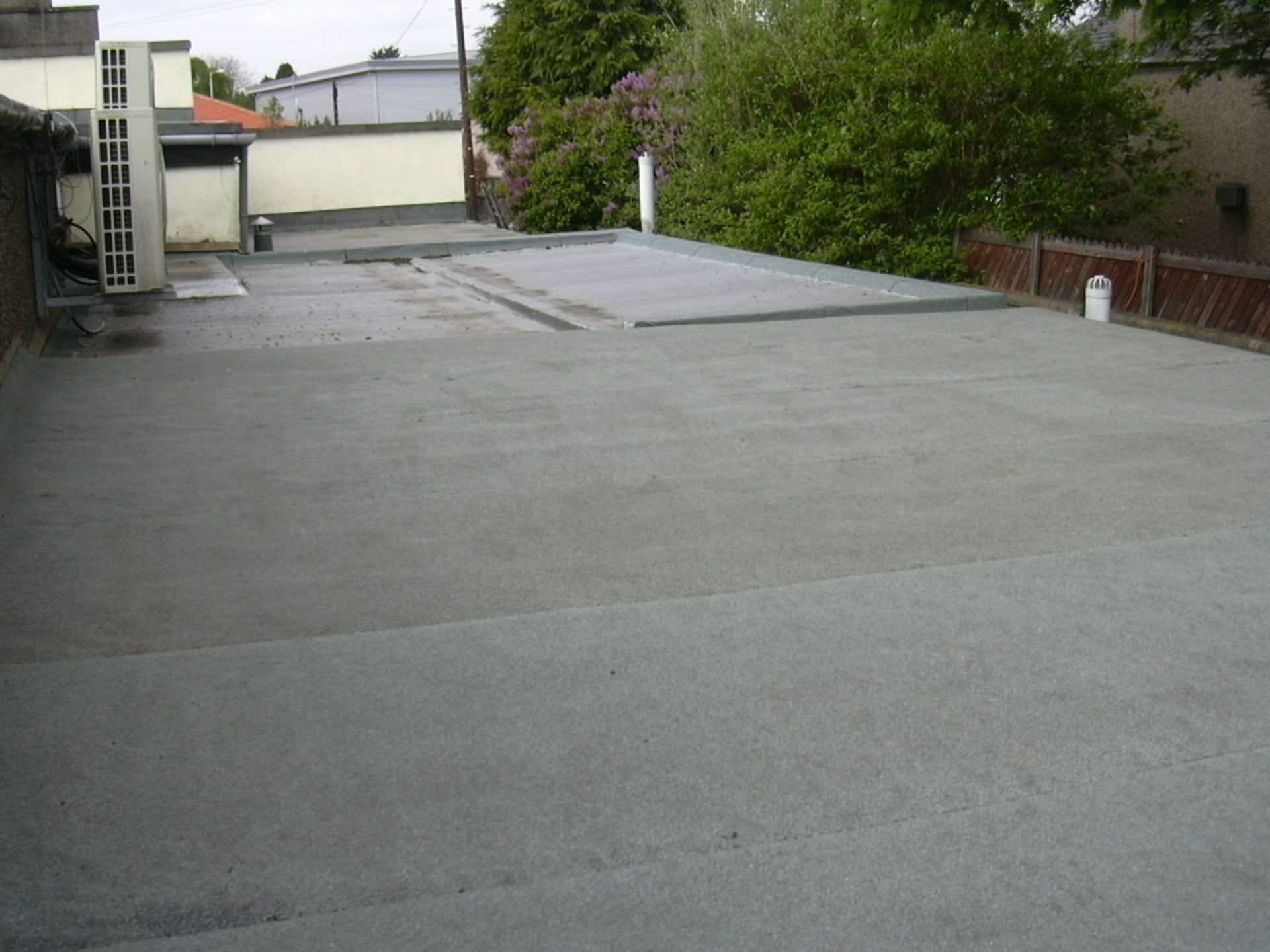
When Archibeque roofing gets rolling on a flat roof installation it involves a detailed and meticulous approach. The Flat Roof guide to ensure a seamless experience:
Initial Flat Roof Assessment:
- Flat Roof Inspection: Starting with a thorough inspection of your Flat Roof, taking into consideration the flat roof size, structural aspects, and specific requirements. The flat roof inspection helps us put together a plan and the best solution, if your flat roof can be repaired or should be replaced.
Flat Roof Material Selection:
- Choosing the Right Flat Roof Material: Based on the inspection and assessment, we select an appropriate roofing material that fits your roof budget. Common choices include durable materials like EPDM (Ethylene Propylene Diene Monomer), TPO (Thermoplastic Olefin), and rolled bitumen, which are very popular for their resilience to harsh weather and efficiency in energy conservation.
Flat Roof Design Planning:
- Custom Design: We will create a flat roofing installation plan that aligns with your home's flat roof needs while maintaining the balance between function and aesthetics.
Flat Roof Installation:
- Implementation: Our Flat roof installation team carries out the flat roof installation process quickly and with the precision of experienced flat roof installers, always adhering to roof industry best practices to ensure durability and efficiency.
Flat Roof Final Inspection Quality Assurance:
- Final Flat Roof Inspection: After the flat roof has been installed, we conduct a thorough roof inspection verifing the quality and integrity of the flat roof work, always ensuring it meets our high standards and your expectations.
By following this flat roof process, we guarantee a flat roof that not only withstands the harsh Denver metro harsh winters but also upgrades the energy efficiency of your Denver area home.
Comprehensive Roof Assessment and Planning
A full-service flat roof replacement begins with a detailed assessment to confirm that replacing the entire roof is the best financial and practical decision. Once confirmed, a tailored plan is developed to ensure efficiency and minimal disruption.
Complete Removal of Old Materials
The process kicks off with removing all existing roofing materials. This includes stripping away old membranes, insulation, and any deteriorating components. Starting with a clean slate ensures the structural integrity of the new installation.
Decking and Insulation Replacement
Once the old materials are cleared, attention turns to the decking and insulation. These are replaced to enhance energy efficiency and durability. This step is crucial to provide a strong foundation and improve your building’s thermal performance.
Roof Tapering and Drainage Enhancement
Proper drainage is critical for flat roofs. The new roofing system is tapered effectively to encourage water runoff, minimizing the risk of leaks. Enhanced drainage systems are integrated, potentially involving standard solutions like scuppers or advanced options like internal drains.
Ventilation Installation
Next, adequate ventilation systems are installed to control temperature and moisture levels. This step is vital for maintaining the roof's longevity and helping to prevent mold and moisture damage.
Application of Roofing Membrane
The heart of the replacement involves adhering a high-quality roofing membrane, such as TPO, EPDM, or PVC. This membrane acts as a robust barrier against the elements, ensuring long-term protection.
Adherence to Standards and Safety Protocols
Throughout the process, all work meets or exceeds industry standards and regulations. Comprehensive safety measures protect both workers and property, supported by essential safety gear and appropriate insurance.
Warranty and Quality Assurance
Every new roof installation includes robust warranties. Material warranties originate from the manufacturers, while workmanship warranties, often spanning a decade, guarantee the quality of the installation.
Final Cleanup and Inspection
After the main work is completed, an exhaustive cleanup follows. All debris, including dangerous items like nails, is meticulously cleared away. This includes using tools such as magnet rollers. A final inspection ensures everything is in perfect order, leaving the property safe and neat.
Flexible Scheduling
To minimize disruptions to your routine, scheduling is flexible and client-focused. Work is coordinated around your time to avoid interfering with important events, meetings, or operations.
Through each step of a full-service flat roof replacement, professional conduct paired with high-quality materials ensures a durable and reliable roof tailored to meet specific needs
Flat roofs offer a large range of benefits that simplify maintenance and enhance your safety, Here's why they stand out:
- Roof Accessibility: The level surface of a flat roof makes it far more accessible for inspections and repairs compared to sloped roofs. You are able to walk on it easily, reducing the need for specialized equipment or professional assistance just to take a look.
- Simplified Roof Inspection: Regular inspections are hassle-free, allowing homeowners to quickly spot issues like leaks or cracks. This straightforward access means problems can be identified and addressed before they become serious.
- Cost-Effective Roof Repairs: Repairing a flat roof typically involves less time and fewer materials and less money. Standard roof tools can often handle minor fixes, which are easy enough that some homeowners choose to do them themselves.
- Efficient Roof Cleaning: Cleaning debris such as leaves or dirt from a flat roof is a simpler task. The flat roof smooth surface allows for easy sweeping or hose-downs, keeping the roof in optimal condition.
- Space Utilization: Flat roofs can also serve as a space for solar panels or even a rooftop garden, adding functional home value while still being easy to maintain.
When you combine all of the flat roof features, flat roofs present a practical option for homeowners looking to minimize the time and cost involved in roof upkeep.
Handling Flat Roofing Repair and Emergency Services
When it comes to flat roofing repair, quick action is key to preventing small issues from turning into major problems. Contractors understand the urgency of the situation and are ready to swiftly evaluate the damage. They employ advanced tools, like moisture detection devices, to identify and target trouble spots effectively.
Comprehensive Strategies for Lasting Repairs
Once contractors pinpoint the issue, they develop a comprehensive repair strategy. This approach ensures that the repairs don't just offer a temporary fix but bolster the building's safety for the long haul. Whether the roof needs a minor repair or a complete replacement, contractors are prepared with solutions. Skilled crews can initiate a replacement process efficiently, often starting within a week.
Round-the-Clock Emergency Assistance
Extreme weather can be unpredictable and might strike outside of business hours. In such cases, contractors provide 24/7 emergency services. If you experience a significant leak, their emergency response teams can quickly implement temporary measures to minimize damage. Following this, they work to resolve the underlying issue promptly, ensuring peace of mind.
Contractors are committed to delivering timely and effective solutions to keep your flat roof in top condition, regardless of the circumstances. Their proactive approach and readiness to act prevent further structural damage and unnecessary costs in the future.
Flat roofs present unique challenges that set them apart from their steep sloped counterparts. These complexities stem from their design, material requirements, and drainage systems.
Design and Drainage Issues
Flat roofs, due to their minimal slope, do not facilitate natural water runoff. This can lead to water pooling, which, if not addressed, might cause leaks or structural damage. Unlike steep roofs where gravity assists drainage, flat roofs often require a well-planned drainage system and keen attention to waterproofing techniques.
Material and Construction Challenges
The materials used for flat roofs, such as bitumen or single-ply membranes, demand specialized handling during installation and repair. These materials can be sensitive to temperature fluctuations and UV exposure, necessitating more frequent inspections and maintenance. The lack of shingles or tiles, which are common on sloped roofs, further contributes to the need for expertise in material-specific repair methods.
Access and Safety Considerations
While accessibility might seem easier due to their flat nature, working on a flat roof can be more hazardous than anticipated. Safety protocols must be upheld rigorously because even slight ponding can create slippery surfaces, increasing the risk of accidents.
Thermal and Insulation Differences
Flat roofs often require enhanced insulation techniques. The roof surface can accumulate heat differently than a sloped roof, impacting the building's overall thermal efficiency. This requires regular checks to ensure the insulating material remains intact and effective.
In summary, the intricacies of maintaining and repairing flat roofs demand specialized knowledge and skills. This ensures the longevity and safety of the roofing system, which isn't as critical with naturally draining and less specialized steep sloped roofs.
Experience is critical when choosing flat roof contractors for your Denver home. A good Denver roofing contractor with a proven track record of successful flat roof installations and maintenance is a reliable choice. It is essential for residential projects, as the requirements for residential flat roofs differ from commercial ones.
The warranty offered by the roofing contractor is a crucial consideration. A reputable Denver roofing contractor like Archibeque Roofing will always guarantee the quality and craftsmanship of their residential flat roofing work. Look for contractors that offer warranties of at least 40 years, as this demonstrates their confidence in the longevity of their installations and provides you with long-term peace of mind.
Understanding the reputation of different roofing contractors in Denver is vital. Reading reviews can provide valuable insights into their customer satisfaction levels and reputation. Look for contractors with positive reviews that highlight their professionalism, reliability, and attention to detail.
Lastly, getting multiple quotes from contractors before deciding is always a good idea. Doing this will allow you to compare prices and services offered, ensuring you get the best value for your money.
Considering these factors and conducting thorough research, you can find the best Denver roofing contractors for your residential flat roof. Remember to prioritize experience, warranty, reputation, and price when deciding. Call,
Archibeque Roofing Denver at 720-375- 5601, Denver's Flat roof experts.
When it comes to residential flat roofs, there is a wide range of materials to choose from. The choice of material will depend on factors such as budget, climate, and desired aesthetics. Here are some common materials used for residential flat roofs:
- Asphalt: Asphalt is one of the most popular choices for residential flat roofs due to its affordability and durability. It is available in various types, including BUR and modified bitumen. Asphalt roofs often require regular maintenance but offer excellent protection against the elements.
- EPDM: EPDM is a synthetic rubber membrane that is highly resistant to UV rays and extreme temperatures. It is a popular choice for its longevity and ease of installation. EPDM roofs are known for their excellent waterproofing properties.
- TPO: Thermoplastic Olefin (TPO) is a single-ply roofing material that offers good heat resistance and energy efficiency. It is lightweight, durable, and resistant to chemicals and punctures. TPO roofs are often white or light-colored, which helps reflect sunlight and reduce cooling costs.
- Torch Down: roofing is a popular choice for residential flat roofs due to its durability and weather resistance. Torch down involves the use of a hot torch to melt and secure layers of asphalt to the roof's surface. The torch down method ensures a tight and secure bond between the layers, creating a watertight seal that can withstand harsh weather conditions. Additionally, torch down roofing is known for its longevity, often lasting up to 20 years with proper maintenance and care.
- PVC: residential flat roofs have gained popularity in recent years due to their durability and cost-effectiveness. PVC, or polyvinyl chloride, is a synthetic material that is highly resistant to weathering, making it an ideal choice for flat roofs. It is also lightweight, making installation easier and faster. Additionally, PVC roofs have a longer lifespan compared to other roofing materials, such as asphalt or metal. Have questions? Feel free to call Archibeque Roofing Denver at 720-375-5601, Denver's Residential Flat Roof Experts.
4 Flat Roof Materials and Cost
- EPDM membrane roofing. EPDM (ethylene propylene diene terpolymer) is a synthetic rubber black membrane commonly used in commercial and medical facilities. 15.0-20.00 Per Square foot
- TPO membrane roofing. 16.00-23.00 Per square foot
- PVC membrane roofing. 15.00-20.00 Per square foot
- Asphalt 8.00-13.00 Per square foot
Residential flat roofs are typically the go to for Denver homeowners for their affordability when it comes to roof repairs and maintenance.
One primary reason is their straightforward simple design, which ensures easier access for repairs. Unlike pitched roofs that require specialized expensive roofing equipment and roofing tools, flat roofs allow maintenance crews to perform inspections and complete repairs more efficiently.
Additionally, flat roofs typically incorporate highly durable materials. Products from reputable brands such as EPDM, TPO, and PVC are known for their resilience and longevity. Flat roof materials withstand harsh weather conditions, reducing the frequency and necessity for repairs over time.
Moreover, the flat surface minimizes the chances of debris like leaves, tree branch accumulation and water pooling, common causes of roofing issues. This proactive defense against potential problems means fewer unexpected repair costs for homeowners.
The combination of easy accessibility, strong long-lasting materials, and a preventative maintenance design make flat roofs a practical option for keeping maintenance expenses in check.
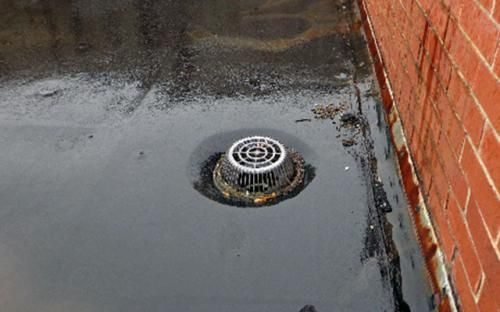
One of the key considerations when it comes to residential flat roofs is the importance of proper drainage. Without an effective drainage system, water can accumulate on the roof, leading to leaks, water damage, and even structural issues. Here are a few reasons why proper drainage is crucial for residential flat roofs:
- Prevents Water Ponding: Flat roofs have a slight slope to facilitate water runoff. However, without proper drainage, water can pool and create "ponding" areas. Ponding water can put additional stress on the roof and increase the risk of leaks and damage over time.
- Protects Against Snow and Ice: In areas with cold climates like Denver, snow and ice can accumulate on flat roofs. If the roof lacks proper drainage, the weight of the snow and ice can cause structural damage. Additionally, as the snow and ice melt, water needs to be able to flow off the roof to prevent leaks and water damage.
- Extends Roof Lifespan: Proper drainage helps to prevent water from seeping into the roofing materials and causing premature deterioration. By ensuring water is effectively channeled away from the roof, you can extend the lifespan of your residential flat roof.
- Scuppers: Scuppers are openings in the parapet walls or perimeter of the roof that allow water to drain off. They are typically connected to downspouts or leaders that direct the water away from the building. Scuppers are a cost-effective and efficient drainage solution.
- Flat Roof Drains: Roof drains are another common method of draining water from a flat roof. They are designed to capture water through a series of drains and pipes, which carry it away from the roof. Roof drains are available in various sizes and configurations to accommodate different roof areas.
- Gutters and Downspouts: While more commonly associated with sloped roofs, gutters and downspouts can also be used on flat roofs to collect and channel water. They are particularly useful in areas where heavy rainfall is common. Proper maintenance is essential to prevent clogs and ensure effective drainage. Have questions? Feel free to call Archibeque Roofing Denver at 720-375-5601, Denver's Residential Flat Roof Experts.
Insulating a Denver flat roof with the right roof insulation materials is crucial for home energy efficiency and comfort. The waterproof membrane, a core element of flat roof insulation, serves as a moisture resistance barrier to prevent water penetration. Constructed from robust materials, this membrane is strategically applied to the roof's surface to protect the structure from water damage and obviate the need for costly repairs. As a foundational part of insulation for flat roofs, the waterproof membrane ensures the home's interior remains dry and safe from water-related complications.
In addition to the waterproof membrane, insulation board is an indispensable component of flat roof insulation for homes. These boards are made from high-quality insulation materials such as foam or fiberglass and are renowned for their exceptional thermal insulation capabilities. By choosing the proper insulation thickness, they proficiently maintain indoor temperatures by reducing heat loss in cooler climates and limiting heat gain during warmer periods. This thermal regulation contributes to decreased energy consumption for heating and cooling, which translates into reduced utility bills for homeowners.
Waterproof membrane, waterproof membrane shower, waterproof membrane for tile, waterproof deck membrane, waterproof roofing membrane, waterproof membrane for deck, waterproof membrane for roof, waterproof roof membrane, roof waterproof membrane, Schluter waterproof membrane, residential flat roof insulation, residential flat roof coating, residential flat roof materials, residential flat roof detail. Have questions? Feel free to call Archibeque Roofing Denver at 720-375-5601, Denver's Residential Flat Roof Experts.
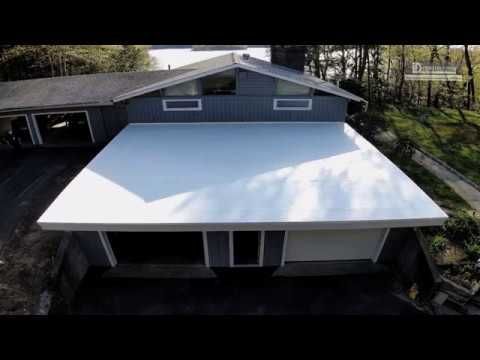
Residential Flat Roof Contractor Near Me
Insulating a flat roof with the right roof insulation materials is crucial for home energy efficiency and comfort. The waterproof membrane, a core element of flat roof insulation, serves as a moisture resistance barrier to prevent water penetration. Constructed from robust materials, this membrane is strategically applied to the roof's surface to protect the structure from water damage and obviate the need for costly repairs.
As a foundational part of insulation for flat roofs, the waterproof membrane ensures the home's interior remains dry and safe from water-related complications. In addition to the waterproof membrane, insulation board is an indispensable component of flat roof insulation for homes. These boards are made from high-quality insulation materials such as foam or fiberglass and are renowned for their exceptional thermal insulation capabilities.
By choosing the proper insulation thickness, they proficiently maintain indoor temperatures by reducing heat loss in cooler climates and limiting heat gain during warmer periods. This thermal regulation contributes to decreased energy consumption for heating and cooling, which translates into reduced utility bills for homeowners. Have questions? Feel free to call Archibeque Roofing Denver at 720-375-5601, Denver's Residential Flat Roof Experts.
Comprehensive Flat Roofing Services Provided by Archibeque Roofing Contractors in Dener, CO. Rudy Archibeque started Archibeque Roofing Company over 46 years ago, Rudy has the experience to repair any commercial or residential Flat Roof, Commercial & Residential Roofing Contractors. Specializing in Flat Roofing Repairs and Installations. Archibeque Roofing offers a wide range of roof and roof repair services designed to meet the unique needs of various properties, from commercial and industrial facilities to residential homes. Here's a breakdown of the typical flat roofing services you can expect:
Routine Inspections & Maintenance
Regular inspections are essential to prolong the life of a flat roof. Contractors often perform detailed inspections to identify minor issues before they escalate. Maintenance programs can be set up annually or multiple times per year, especially after severe weather, to ensure the roof stays in optimal condition.
Customized Solutions for Commercial & Residential Roofs
Every property requires different roofing solutions. Contractors provide tailored options that account for each client's specific needs:
- Commercial Flat Roofing: Designed to withstand harsh weather and accommodate various building features like HVAC systems, solutions typically involve materials such as single-ply membranes or liquid-applied systems.
- Residential Flat Roofing: Contractors align the roofing strategy with the homeowner's long-term plans, recommending appropriate materials and insulation to enhance energy efficiency and longevity.
Repair & Emergency Services
Quick response to roofing problems is critical to prevent further damage. Contractors often provide emergency repair services, using advanced tools like moisture detectors to pinpoint issues. They ensure fast, effective fixes or temporary solutions to halt damage until comprehensive repairs can be completed.
Full-Scale Roof Replacement
When repairs aren't enough, a full roof replacement may be necessary. Contractors handle everything from removing old material to installing new decking, insulation, ventilation, and the roofing membrane. This process is conducted with precision and attention to detail, guaranteeing compliance with industry standards and providing warranties for added peace of mind.
New Roof Installations
For new constructions or additions, contractors offer installation services for flat roofs using a variety of modern materials. They ensure all installations are conducted according to manufacturer standards and adhere strictly to safety and building codes, guaranteeing long-lasting protection and reliability.
By offering this array of services, roofing contractors ensure that every aspect of a flat roof—from installation to maintenance and emergency repairs—is expertly managed to withstand time and elements.
When it comes to flat roofing projects, transparent pricing and complimentary estimates play a crucial role in ensuring you know what you're paying for right from the start. Here’s how the process typically unfolds:
Step 1: No-Commitment Estimates
Every potential client is offered a free estimate without any obligation. This estimate includes a detailed breakdown of costs, covering everything from materials and labor to any additional services that might be needed. Think of it as your personalized roadmap to understanding all potential expenses.
Step 2: Detailed Walkthrough
Next, a professional will guide you through each aspect of the cost estimate. This step is vital for maintaining transparency and eliminating any financial surprises down the road. The price you receive upfront is what you’ll pay—no unexpected charges or upsells mid-project.
Step 3: Price Adjustments and Problem-Solving
Flat roofing projects can sometimes uncover issues not visible during the initial assessment, like hidden damages beneath existing materials. If such challenges arise, the team will discuss potential cost adjustments with you. You’ll have the opportunity to weigh different solutions and make informed choices collectively, ensuring a balance between quality and affordability.
Commitment to Competitive Pricing
While competitive pricing is a priority, quality materials and craftsmanship are never compromised. By sharing an itemized list of costs from the outset, the goal is to establish trust and clarity between you and the contractor, paving the way for a smooth project with no hidden or unexpected fees.
This approach demystifies roofing project costs, fostering a collaborative environment where clients feel empowered and informed.
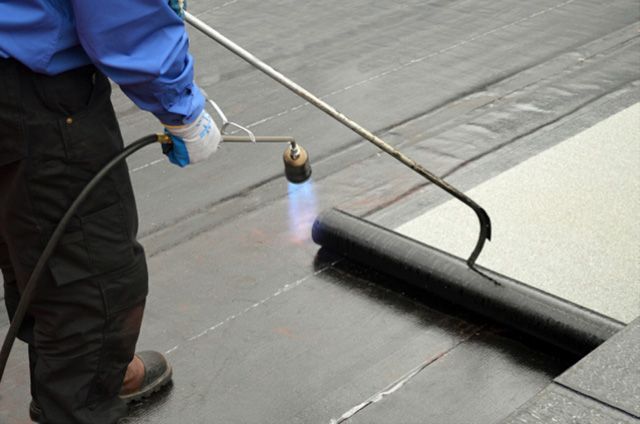
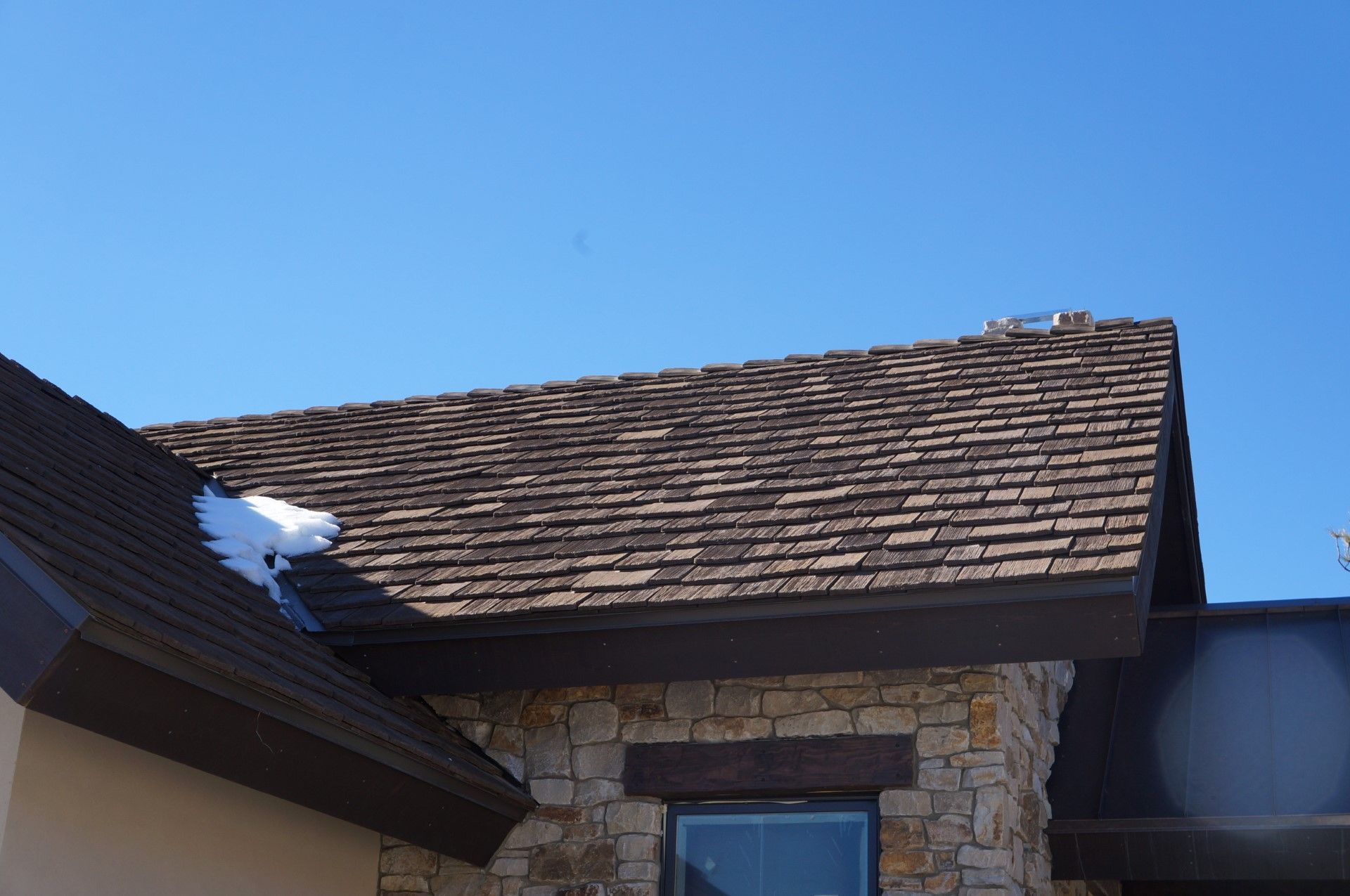
At Archibeque Roofing contractors in Denver we specialize not only in flat roofs but also in synthetic cedar, wood shake, clay tiles, metal, and composition shingle roofs. This allows us to provide you with comprehensive protection against snow, hail, wind, and rain damage while enhancing the visual appeal of your property.
Recognizing the significance of your roof as the most vital component of your home, we take great pride in safeguarding it. Our dedicated team will arrange a consultation with you to evaluate the specific requirements of your roofing project.
This involves assessing the appropriate roofing materials, roof flashing, and square footage of materials needed for the installation of a new roof or the completion of any necessary repairs. Rest assured that we will provide you with a detailed cost estimate for these services.
Whether you require a Denver roof repacement or a roof repair , our Denver roofers , roof repairs for an existing roof structure, Archibeque Roofing is committed to delivering innovative roofing solutions tailored to meet your unique needs. We strive to exceed your expectations by providing top-quality craftsmanship and exceptional customer service at every step of the process. We are Insurance Claims specialists
Asphalt Shingle Roofing in Denver
Asphalt roof shingles are a type of roofing material made from asphalt-coated fiberglass. They are one of the most popular choices for residential roofs in the Denver & surrounding area, thanks to their durability and low cost. Asphalt shingles are available in a variety of colors and styles, making it easy to find an option that compliments your home. In addition, they are relatively easy to install, and can even be installed over existing roofing materials.
If you live in an area that's prone to severe weather, rest assured that asphalt shingles can withstand high winds and heavy rains. While asphalt shingles typically have a lifespan of 20-30 years, cost less & they can last even longer with proper care and maintenance. So, if you're looking for a roof that will keep your Denver home protected for years to come, asphalt shingles may be the perfect choice for your Denver area home.
How much do asphalt shingles cost for a 2000 sq ft house?
A new asphalt shingles roof for a typical 2,000 to 2,200 square foot single-family house can range in price from $9,500 to $18,700 fully installed, including the tear off and disposal of the old roof (up to two layers)
How often do asphalt shingles need to be replaced?
You should realistically get around 80-85% of the life span out of the asphalt shingles. This means you can expect to get around 20 years out of your 3-tab shingle roof and around 25 years out of your architectural shingles. On the other hand, luxury shingles are thicker and should get up to around 30 years
What are the three types of asphalt shingles?
There are three major categories of asphalt roofing shingle products available today - strip shingles, dimensional shingles, and luxury shingles. It is important to understand the differences between each type of roofing shingle in order to pick the right product for your home.
Asphalt shingle roofing replace vs repair
Any type of damage confined to a small space can usually be repaired and patched up, so there's no need to invest in a new roof. But if the damage affects more than 30 percent of your roof, it is better to replace the whole roof.
Why Choose Archibeque Roofing in Denver, CO
When looking for a top-quality commercial and residential roofing contractor in Denver, look no further than Archibeque Roofing. With over 40 years of experience in the Roofing industry, we have established ourselves as a trusted and reliable Denver roofing contractor that has completed over 3,800 commercial and residential roofing projects in Denver. Archibeque Roofing offers a wide range of roofing services for commercial and residential projects, ensuring they can meet our client's unique needs. We are a full service roofing contractor that does roof repairs and replacements to new installations and Reroofing. Our team of Denver roofing experts have the knowledge and expertise to deliver exceptional results.
One key factor that sets Archibeque Roofing apart from other Denver roofing contractors is our commitment to using the best roofing materials available. At Archibeque Roofing, we understand that using the best roofing materials can significantly impact the longevity and durability of a roof. That's why we only work with the best suppliers in the roofing industry to ensure that our clients receive top-quality materials that will withstand the test of time.
Why Quality Matters
High-quality flat roofing materials do more than just extend the life of your roof. They ensure your building remains structurally sound and can even boost property value. By standing up to extreme weather conditions, these materials minimize the need for repairs, saving you money and hassle in the long run.
Affordable Excellence
Quality doesn’t have to mean expensive. Our competitive pricing makes high-caliber flat roofing a viable option for different budgets. Plus, our workmanship warranties underscore our dedication to delivering lasting quality.
Choosing superior materials is not just a purchase; it’s an investment in the future of your property. With Archibeque Roofing, you’re not just opting for a roof—you’re choosing peace of mind, knowing your investment is protected by the best materials in the industry.
The Role of an In-House Licensed Independent Insurance Adjuster in Roofing Services
When dealing with homeowners’ insurance for roof damage, particularly those involving damage claims, understanding the insurance process is crucial. This is where an in-house licensed independent insurance adjuster becomes invaluable.
Expertise in Residential Roof Claims Process
The in-house insurance adjuster deeply understands the complexities of the insurance claims process. They are responsible for:
- Evaluating the extent of damage to your roof.
- Accurately documenting findings to ensure all necessary repairs are covered.
- Handling communications with your insurance company, acting as your advocate.
Seamless Roof Replace & Repair Coordination
An in-house adjuster ensures seamless coordination between the roofing team and the insurance provider. This coordination helps in:
- Streamlining Repairs: The In-House Licensed Independent Insurance Adjuster facilitate quick approval for repairs by providing detailed assessments.
- Preventing Overlooked Roof Damage Details:The In-House Licensed Independent Insurance Adjusterroof damage claims expertise ensures that no aspect of the damage is left unreported, avoiding potential losses for the homeowner.
- Reducing Stress: By managing the insurance claims process, the In-House Licensed Independent Insurance Adjuster relieves you of the burden of back-and-forth negotiations with the insurer.
Maximizing Your Roof Insurance Benefits
The adjuster's role further extends to maximizing the compensation you receive. By understanding policy details, they:
- Ensure you're getting the full benefits outlined in your insurance plan.
- Work to minimize out-of-pocket expenses for you.
The in-house licensed independent insurance adjuster ensures a smooth, efficient, and beneficial roofing service experience, particularly when insurance claims are involved. The In-House Licensed Independent Insurance Adjuster has expertise that facilitates effective communication, thorough evaluation, and maximized insurance benefits, safeguarding your investment.
Roofing Insurance Claims & Consultation
When it comes to roofing insurance claims and consultation, effective communication is key. Roofing issues can be complex, and navigating the insurance claims process can be overwhelming for homeowners. That's where our many years of repairing damaged roofs comes in. By seeking the guidance of experts in roofing insurance claims, homeowners can ensure that their interests are protected and that they receive the compensation they are entitled to. We have been inspecting Denver roofs for over 40 years, are well-versed in the intricacies of insurance policies and can effectively communicate with insurance companies on behalf of homeowners.
Commercial & Residential Roofing Inspection Services
Storms, including snowstorms, hailstorms, and high winds, can cause significant damage to both commercial and residential roofs. These weather events can result in leaks, water damage, dents, cracks, and even loss of structural integrity. Signs of storm damage to roofs may include missing shingles, water stains, mold growth, and damaged flashing. It is crucial to take immediate steps when spotting such damage, including documenting the extent of the damage, applying temporary fixes if possible, contacting insurance providers, and consulting a professional roofing inspector.
Top Quality Commercial & Residential Roofing, Contractors
Work with top-quality commercial and residential roofing contractors in Denver, look no further than Archibeque Roofing. With over 40 years of experience in the industry, they have established themselves as a trusted and reliable roofing contractor in the Denver. They offer a wide range of roofing services for both commercial and residential projects, ensuring that they can meet the unique needs of every client. From roof repairs and replacements to new installations, their team of experts has the knowledge and expertise to deliver exceptional results.
For many Denver homeowners, the roof is one of the most important aspects of their home. Not only does it protect the structure from the elements, but it also adds to the curb appeal. While there are many different roofing materials on the market, synthetic cedar shake roofing is a popular choice for those who want the look of wood without the maintenance.
Synthetic cedar shake roofing is produced using many materials, including plastic, rubber, and fiberglass. It is designed to imitate the look of real cedar shakes, but it is much more durable and weather resistant. As a result, it is an ideal choice for those who live in areas with harsh weather conditions. In addition, synthetic cedar shake roofing is often less expensive than real wood, making it a budget-friendly option for many homeowners.
How to Install Cedar Shingles?
When installing cedar shingles, it is important to remember that it is a labor-intensive task that requires careful attention to detail. Cedar shingles should be offset from course to course and aligned with windows or doors for a clean and professional look. Additionally, it is worth noting that cedar shingles come in different grades and lengths, so it is important to choose the right ones for your project. To make the installation process easier, you can build a shingle rack to hold the shingles in place as you work.
What is a Shake Roof?
A shake roof is a premium roof system made of natural wood materials, typically cedar or California redwood. Shake roofing has been used for centuries and was popular during the colonial period due to its lightweight nature, easy installation, and simplicity in construction. Modern shake-style roofing shingles provide the aesthetic appeal of wood shakes while also offering the durability and resistance to wind and fire that asphalt shingles provide. Cedar shake roofs come in different grades, including common, selects, and 100% straight grain. These roofs have a beautiful appearance, are long-lasting, provide excellent thermal insulation, and are resistant to storms and harsh weather conditions.
How long does a Cedar Shake Roof Last?
As long as synthetic wood shakes are installed properly, with the proper care & maintenance, you can fully expect to get 30 years from your Denver cedar shakes roof. Always spend a little more for quality synthetic cedar shake if you live in an area with the right conditions, you could possibly get up to 50 years out of it.
Synthetic Cedar Shake Roofing in Denver
For many Denver homeowners, the roof is one of the most important aspects of their home. Not only does it protect the structure from the elements, but it also adds to the curb appeal. While there are many different roofing materials on the market, synthetic cedar shake roofing is a popular choice for those who want the look of wood without the maintenance.
Synthetic cedar shake roofing is produced using many materials, including plastic, rubber, and fiberglass. It is designed to imitate the look of real cedar shakes, but it is much more durable and weather resistant. As a result, it is an ideal choice for those who live in areas with harsh weather conditions. In addition, synthetic cedar shake roofing is often less expensive than real wood, making it a budget-friendly option for many homeowners.
How much does synthetic roofing cost?
A new Denver synthetic slate roof will cost around $12.00 to $16.00 per square foot with the potential to get up to $23.00 or more per square foot.
What is a synthetic shake roof?
Synthetic cedar shake (also known as composite) the cedar shake roof is made out of recycled materials and made to look exactly like a cedar shake roof. The higher quality synthetic shakes have realistic grain patterns and deep grooves that look just like real cedar shake shingles.
How long do synthetic cedar shakes last?
As long as synthetic wood shakes are installed properly with the proper care & maintenance, you can fully expect to get 30 years from your Denver cedar shakes roof. Always spend a little more for quality synthetic cedar shake if you live in an area with the right conditions, you could possibly get up to 50 years out of it.
Sheet Metal Roofing in Denver
If you're looking for a roof that will really stand out, metal roofing is the way to go. Whether you choose copper, aluminum, or steel, metal roofs are guaranteed to make a statement. But metal roofs don't just look good- they're also incredibly durable. In fact, metal roofs can last up to three times longer than traditional asphalt shingles.
Denver, CO is an area known for severe weather conditions, a metal roof can provide peace of mind knowing that your home is better protected against high winds and heavy rains. So if you're looking for a roof that will make your home stand out from the rest,
Metal roofing is the way to go. Which metal sheet is best for roofing? Galvalume, aluminum, zinc, copper, and stainless steel are all great solutions for metal roofing needs. Knowing the common and unique aspects of a structure, residential or commercial, is the best place to start when choosing the best metal roofing material.
How long do Metal Roofs last?
40-70 years Metal roofs can last 40-70 years, depending on the material. Traditional asphalt roofing materials have an estimated life expectancy of roughly 12-20 years.
How much average Cost of a Sheet Metal Roof?
The average cost of a sheet of steel roofing is $150 to $350 per square for galvanized and $75 to $200 per square for galvalume.
Is it cheaper to put a metal roof on?
In general, the upfront cost of a metal roof is much higher than the cost of a roof containing asphalt shingles. However, given a metal roof's durability, the overall cost of installing and maintaining it is much lower than needing a total roof replacement every 15 to 20 years.
Is it OK to install a metal roof over shingles?
In almost every case, the answer is yes, you can lay down a new metal roof over an existing shingle roof. This is one of the many reasons metal roofs keep growing in popularity – their installation doesn't require completely tearing off the existing roof, which is a time-consuming and expensive job.
What Are the Benefits of Metal Flat Roofs?
Metal flat roofs are becoming increasingly more popular every year, and for good reasons. Allow us to take a little closer look at why they might be the right choice for you:
- Effortless Installation: Seamless and quick metal roof installation processes means that disruptions to your daily routine are very minimal. Leading brands like CertainTeed and Standing Seam have streamlined systems to expedite the process.
- Simplified Upkeep: With their lay flat design, metal roofs make inspections and maintenance a breeze. Catching problems early becomes more manageable, translating to peace of mind for homeowners.
- Longevity You Can Trust: Known for their long-lasting life, strength durability, metal flat roofs often outlast traditional roofing options. Brands like Berridge Manufacturing supply materials engineered to withstand time and elements, ensuring a longer lifespan.
- Cost-Effective Energy Performance: Metal roofing materials offer excellent insulation properties, helping reduce the energy bills by cutting down on heating and cooling costs. Look for ENERGY STAR-rated options to maximize benefits.
- Weather Resistance: Designed to endure harsh cold weather conditions, metal flat roofs provide consistent, reliable protection all year round. Archibeque roofing company upholds rigorous standards for proper flat roof insallations and weather resistance.
- Reduced Maintenance Expenses: Thanks to easy access and robust materials, repairs are not only less frequent but also less costly over the metal roof's life cycle.
- Chic Aesthetic Appeal: Metal flat roofs provide a sleek, contemporary appearance that enhances a home’s architectural style. A metal roof's versatility can complement a wide range of roof and house trim designs, offering a modern look that stands out.
By choosing a metal flat roof, you're investing in a solid long lasting roof solution that marries function with form, offering long-term advantages that go beyond just covering your house.
Tile Roofing in Denver
Among the myriad of roofing options in Denver, tile roofing stands out for its ability to captivate your attention. With centuries of history, tile roofs continue to be a popular choice for their timeless beauty. Whether you opt for clay or concrete tiles, you can create a stunning aesthetic that enhances your Denver property's curb appeal and value, making tile roofing a unique and compelling choice.
Moreover, when it comes to resilience, tile roofs are unparalleled. They often emerge unscathed even after a severe storm, standing tall as the last roof. So, if you're searching for a roof that seamlessly blends beauty and durability, tile roofing is the unequivocal choice.
How much does replacing a tile roof on a $2500 square foot house cost?
Depending on the size of your Denver, CO roof and the type of tile, a tile roof can cost between $16,000 and $32,000 to install. On a standard-sized, single-story home, plan on paying $6 to $18 per square foot or $500 to $1,800 per square installed.
How long does a tile roof last?
Tile roofs lasting up to 50 years are a testament to their durability. They typically last 50 years or more. However, it's crucial to understand that your Denver, CO, tile roof's lifespan could be much shorter if the roofing tiles are not correctly installed & appropriately placed. This longevity is a significant factor when investing in a roof, as it ensures long-term value and peace of mind.
Is a tile roof better than a shingle?
While tile roofs may require a higher initial investment, they offer a significantly longer lifespan than shingles. On average, tile roofs last twice as long as shingles, making them a cost-effective choice in the long run. Despite the slightly longer installation process, the value retention of tile roofs is a clear advantage over shingle roofs, making them an intelligent financial choice.
Tile roofing replacement vs repair?
If more than 50% of the tiles on your roof are broken, cracked, or chipped, a total tile replacement is necessary. Repairing a tile roof with more than 50% breakage is not cost-effective, so it's best to consider a replacement in such cases.
get your Residential Roofing cost estimate In Denver, CO
Get your free estimate from Denver's Best Residential Roofing Contractors, Today
Quick Roof Installation Means Less Homeowner Hassle
A quick installation process for residential flat roofs is essential in ensuring minimal disruption to your day-to-day activities. By employing efficient flat roof installers and skilled roofing professionals, flat roof installation can be completed in a shorter time frame. This means less noise, less mess, and faster clearance of construction areas, allowing you to return to everyday life sooner.
What to Expect During Installation or Repair
When embarking on a flat roof installation or repair, expect the process to begin with an initial inspection and assessment of your roof's condition. This thorough evaluation helps determine the exact scope of work needed. Following this, you'll receive an itemized list detailing the scope of work, materials used, and cost estimates, ensuring complete transparency.
Reduced Flat Roof Downtime
Working with reputable companies like GAF, Weather Star, and CertainTeed, which offer advanced residential roofing material technologies, reduces the time required for residential flat roof installation. These innovative materials not only require less installation time but also maintain high-quality standards, minimizing downtime.
Proactive Flat Roof Planning
Residential flat roofing contractors plan and schedule all roofing projects in advance. This ensures that all roofing materials are delivered two days prior to the start of any roof installation or repair, meticulously avoiding unnecessary delays. Organizing work schedules in advance and aligning them with your daily routine aims to keep disturbances to a minimum. This proactive approach ensures that your home or business continues to operate smoothly during the flat roof installation phase.
Clear Communication
Throughout the process, experienced residential flat roofing teams will be your point of contact. These professionals are trained to communicate effectively, keeping you informed about timelines and any potential changes. This clear communication helps manage customer expectations and reduces any surprises, allowing you to plan your daily activities around the flat roof installation schedule more efficiently.
By maintaining transparency and efficiency, your contractor will ensure that the installation or repair doesn't interfere with your regular activities, providing peace of mind alongside quality service.
Recognizing When Your Flat Roof Needs Replacement
Identifying the right time to replace your flat roof can save you from costly damages. Here are some critical signs that indicate replacement might be necessary:
- Persistent Leaks: If water continues to seep in despite multiple repair efforts, your roof could have underlying issues that simple fixes can't solve.
- Structural Sagging: Noticeable dips or sagging areas might suggest serious structural problems or trapped water. Both can compromise the roof's integrity.
- Damaged Membrane: The roofing membrane is crucial for waterproofing. If it's extensively damaged and maintenance can't restore it, replacement might be the best option.
- Saturated Insulation: Insulation that's consistently wet can lead to ongoing leaks and reduced energy efficiency, signaling that the roof's condition is beyond repair.
- Lingering Water Ponds: Flat roofs are prone to water pooling, but if these pools don't drain away, it can lead to deterioration and necessitate replacement.
Recognizing these warning signs early ensures you can arrange a replacement before significant damage occurs. Prioritizing these inspections can protect your home from future problems.
